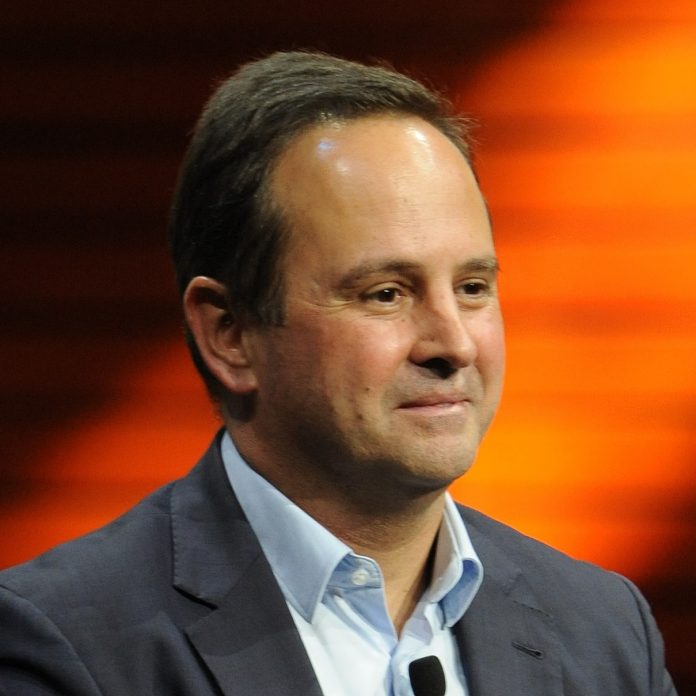Portugal’s finance minister, Fernando Medina, was quizzed by MEPs on Thursday on his country’s progress under the post-programme surveillance and on the desired actions in the Eurozone.
Appearing in front of the economic and monetary affairs committee, Mr Medina is the fifth finance minister to appear in this format. The committee has already held discussions with Cyprus, Spain, Ireland and Greece.
In his opening remarks, Mr Medina stressed the need for EU countries to face the economic challenges together and to put the principles of freedom and democracy first against the backdrop of Russia’s aggression in Ukraine and Russia’s actions on the energy markets. He also outlined the support programme Portugal was launching which, he said, would be available to 90% of Portuguese households. He also told MEPs that Portugal was well on track to recovering with a strong increase in GDP expected for 2022 and the sixth lowest deficit in the EU.
During the question and answer session, MEPs asked for more details about the measures being adopted in Portugal to help people through the inflation crisis, with some Portuguese MEPs being more critical of the plans and others more supportive. MEPs also asked for more details on how Spain and Portugal were decoupling the prices of electricity and gas, asking if this could be a replicable model in other EU countries. They also asked for the minister’s view on the rolling out of a windfall tax on energy companies to support those most affected by the surge in prices. Finally, questions were also asked about the effect of the USD-EUR exchange rate on Portuguese SMEs, the situation of pensions in Portugal as a result of inflation, and what more Mr Medina thought the ECB could be doing.

